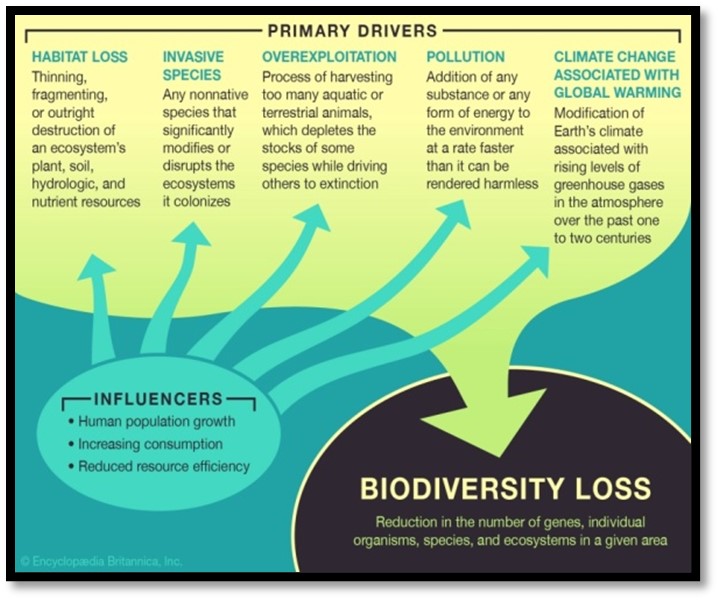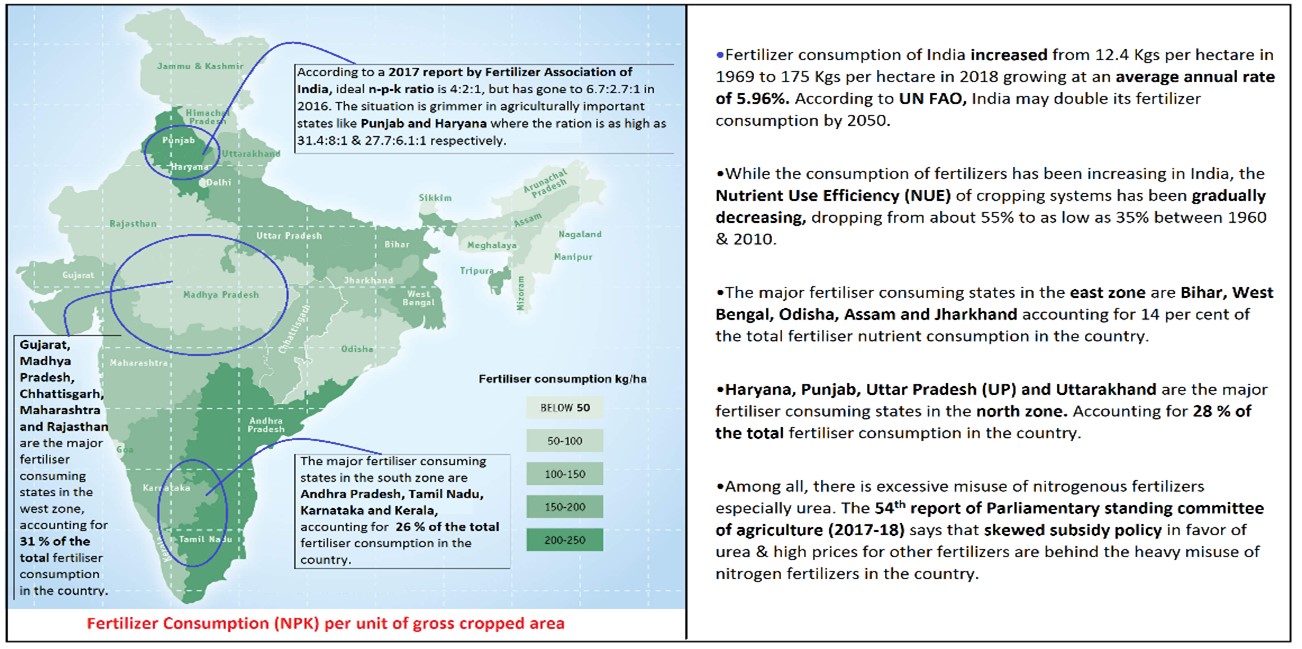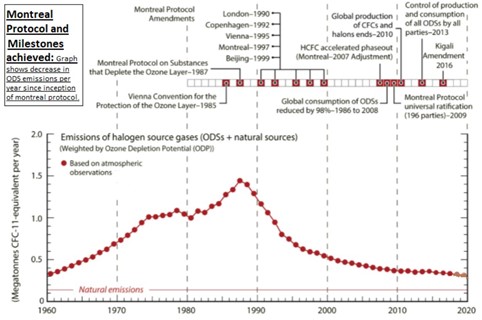16 Oct
Need to resolve Inter-State river disputes in India
- News: Recently, Tamil Nadu and Kerala on Friday held their third round of talks to discuss various inter-state river water disputes.
- Background:
- The very first inter-state water disputes was the Krishna Water Disputes in 1960s and the states involved were Karnataka, Andhra Pradesh and Maharashtra.
- Major Indianrivers (Narmada, Tapi, Godavari, Krishna and Mahanadi) along with their numerous tributaries are plagued with interstate disputes. These rivers flows across various state and union territories and Inter-State Water Sharing Disputes in India arise over the use, distribution, and control of waters of these inter-state river basins.
- This trend is likely to continue in future on account of rapid population growth, agricultural development, urbanization, industrialization etc. and hence there is need to find sustainable solutions for such disputes.
- Need for addressing Inter-state water disputes in India :
- Environmental challenges:
- Dams and reservoir constructions in river water disputes diverts river water, depriving natural stream of this. This lowering of the riverbed threatens natural vegetation and river wildlife ecosystems such as wetland ecosystem.
- Disturbed natural hydrology: developmental activities associated with river water disputes like dam and reservoir constructions, etc leads following issues
- Alternation of natural geo-hydrological characteristics of river such as channel geometry, channel morphology, pattern, channel discharge, hydrodynamics etc.
- Probable loss of water from the reservoir through evaporation.
- Siltation and sedimentation and associated reservoir induced seismicity (RIS) can cause large scale ecological disturbances and losses.
- Socio-economic challenges:
- Challenging water security in downstream region: upstream states are usually at advantageous position in arresting adequate water affecting the interest of downstream state.
- Shortage of water leading to agricultural distress: Rise of Minimum Support Price in favor of water intensive crops has led to manifold increase in water demand. And water shortage as result of disputes will escalate agricultural distress further, especially in arid and semi-arid regions like Marathwada and Vidharbha.
Case study: Man-made Drought in Ananthapuramu, Rayalseema
Krishna river water dispute between Andhra Pradesh and Telangana and associated water diversion resulted in water level falling below threshold level in Rayalaseema region of Andhra Pradesh. This is causing severe distress to the chronically drought-hit district of Ananthapuramu and as a result area under cultivation has halved in this district.
- Governance challenges:
Lack of an integrated approach: The water governance architecture in India is based on a fragmented piecemeal approach, rather than integrated basin approach that takes a holistic view of the land-water-food nexus. Water governance in India relies on a few stand-alone numerical measures of physical state of the resource: a paradigm more aptly described as “arithmetic hydrology”. The premise of transferring water from “surplus” to “deficit” river basins go against the fundamental tenets of the ecosystem processes associated with river basins.
- Choro – chronological ambiguity: Boundaries of Indian states are based on political aspects carved out of historical assessment rather than ecological dynamics. These continuously changing state borders escalates inter-state water disputes and political contestation among Indian states.
Example: Relatively recent river water disputes between Madhya Pradesh and Chhattisgarh over river Narmada and between Andhra Pradesh and Telangana over Krishna river.
Water sharing disputes across the country are going to escalate with increasing demands and with increasing pollution & losses reducing the available water. Climate change is likely to worsen the situation as monsoon patterns change, water demands going up with increasing temperatures, glaciers melt and sea levels rise.
- Existing mechanism in India to resolve Inter- State water dispute:
- Inter-State River Water Disputes Act, 1956: Under the Act, a state government may request the central government to refer an inter-state river dispute to a Tribunal for adjudication. If the central government is of the opinion that the dispute cannot be settled through negotiations, it is required to set up a Water Disputes Tribunal for adjudication of the dispute, within a year of receiving such a complaint.
- The recent The Inter-State River Water Disputes (Amendment) Bill, 2019 seeks to replace this mechanism:
- Under the Bill, when a state puts in a request regarding any water dispute, the central government will set up a Disputes Resolution Committee (DRC), to resolve the dispute amicably.
- Tribunal: The central government will set up an Inter-State River Water Disputes Tribunal, for the adjudication of water disputes. This Tribunal can have multiple benches. All existing Tribunals will be dissolved, and the water disputes pending adjudication before such existing Tribunals will be transferred to the new Tribunal.
- Various committees were set up to resolve inter-state disputes. For example:
- Mihir shah commission report proposed National Water Commission (NWC) that subsumes the Central Water Commission (CWC) and Central Ground Water Board (CGWB) to deal with issues related to groundwater and surface water in an integrated, holistic manner.
- Other approaches in Resolving water-sharing disputes as Legal approach has limits:
Rising population, incomes, and urbanization in India are driving strong and diversified growth in food and water demand and intensified competition for water within agriculture and across agricultural, domestic, and industrial uses. Also Climate change impacts across the entire water cycle through increased variability in rainfall and streamflow and reduced rainfall in many dry regions. Therefore, better water management is crucial not only for sustainable development but also for food and nutrition security.
Where can we use it:
- Geography Optional
- P1: Climatology(Climate change) , Environmental Geo (Management and Hazards), Economic Geo (Agriculture, LTG), Regional Planning and development
- P2: Physical setting (Droughts), Resources (water), Agriculture, Cultural settings, Regional Development and planning (Drought prone area planning), Contemporary (Desertification and soil erosion).
- GS: GS2(Governance), GS3( Environmental management).
Share the article
Get Latest Updates on Offers, Event dates, and free Mentorship sessions.

Get in touch with our Expert Academic Counsellors 👋
FAQs
Geography Current Affairs focuses on the contemporary issues, events, and developments in the field of geography. It covers recent geographical phenomena, environmental changes, geopolitical shifts, and related news. This differs from regular geography studies which may focus more on foundational concepts, historical contexts, and theoretical frameworks.
Updates are provided regularly to ensure that subscribers stay informed about the latest developments in geography. Typically, updates are provided on a fortnightly basis, depending on the frequency of significant events and changes in the field.
Absolutely. Geography Current Affairs serves as a valuable resource not only for Geography optional but also for GS papers, especially GS Paper 1 (covering Indian Heritage and Culture, History, and Geography of the World and Society) and GS Paper 3 (covering Technology, Economic Development, Biodiversity, Environment, Security, and Disaster Management). It aids in building a holistic understanding of various topics and strengthens answer-writing skills by incorporating contemporary examples and perspectives.
Geography Current Affairs holds immense importance for UPSC preparation, particularly for aspirants opting for Geography optional. It helps candidates stay updated with the latest developments, geographical phenomena, environmental issues, and geopolitical shifts worldwide, aligning them with the dynamic nature of the subject as tested in the UPSC examinations.





